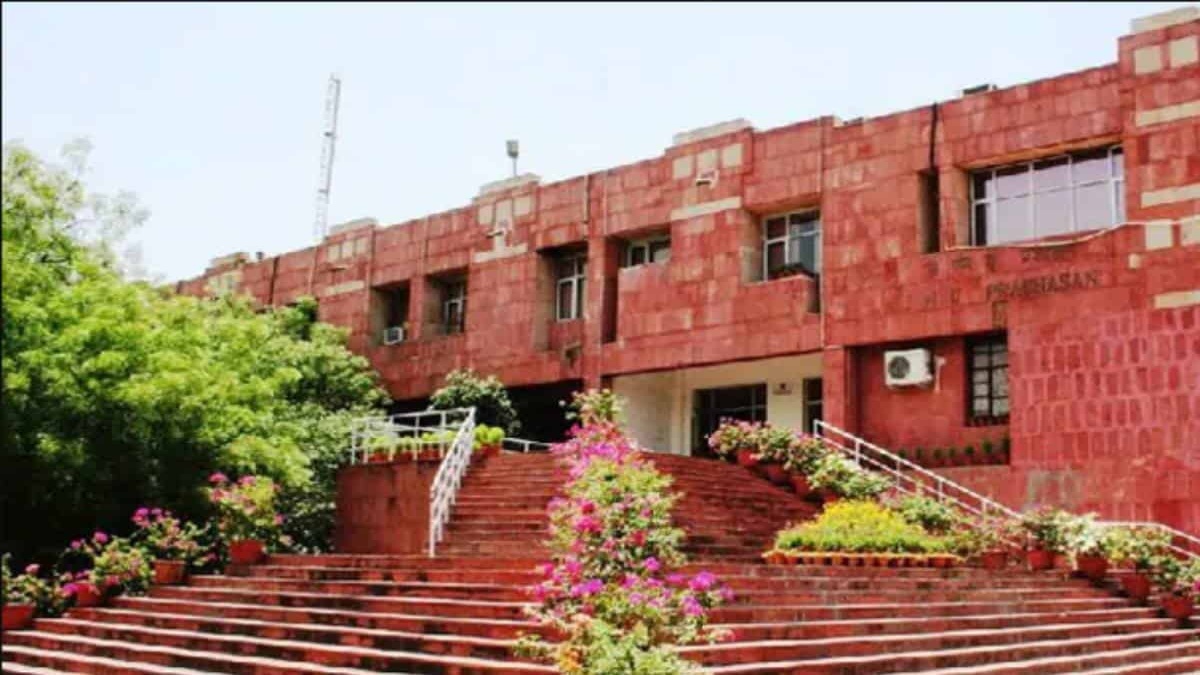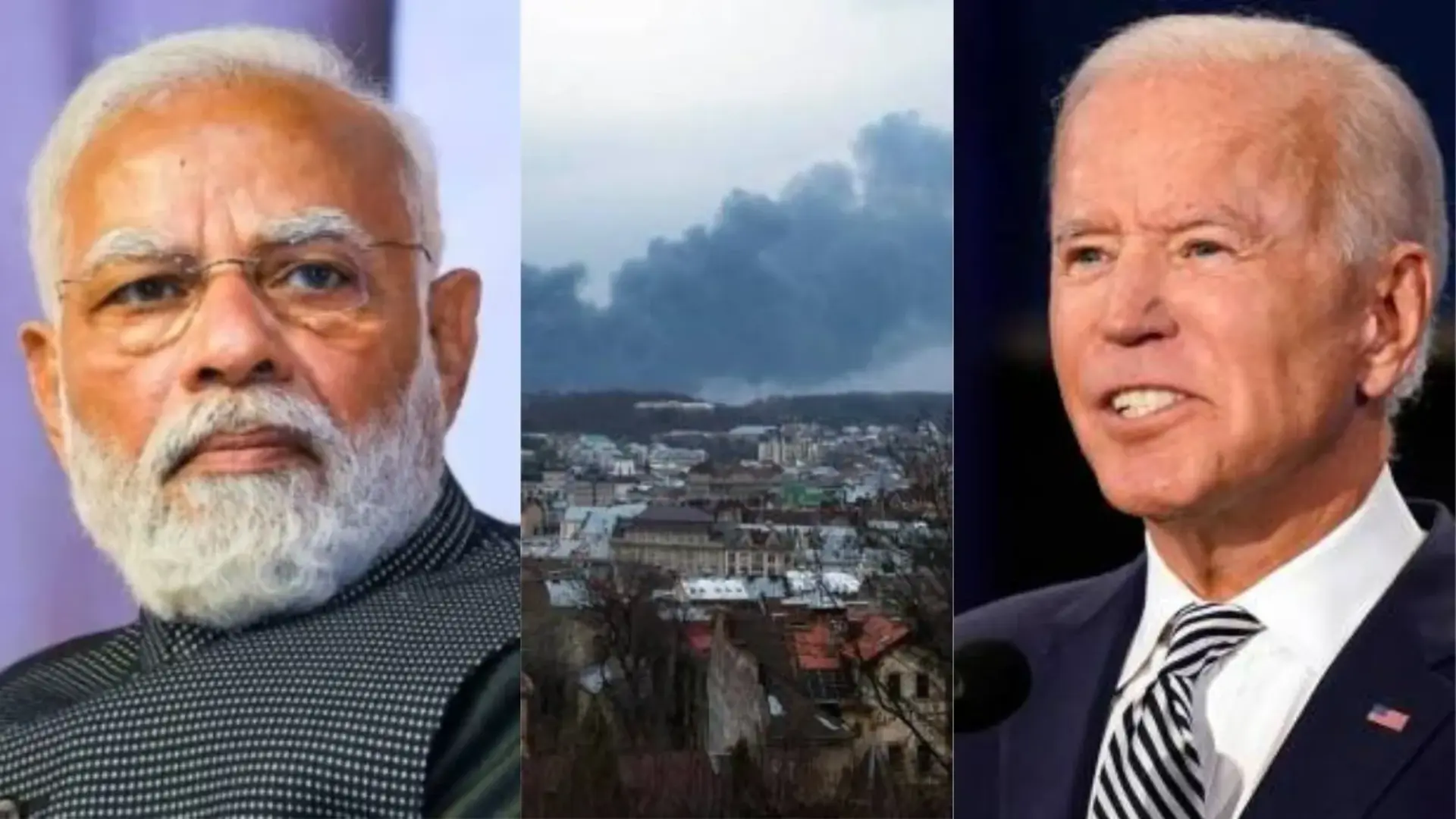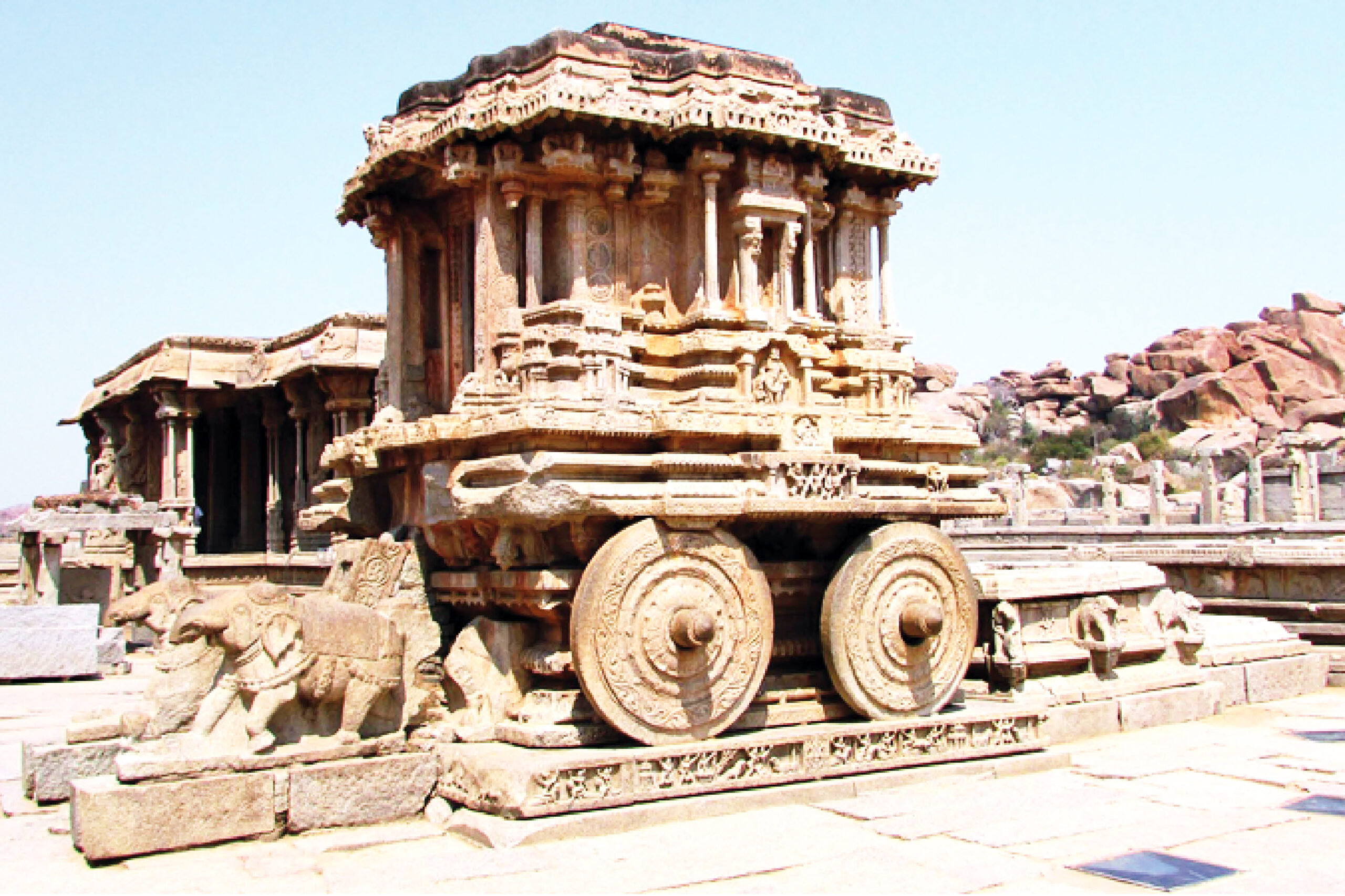
With the appointment of new JNU VC Santishree Dhulipudi Pandit, the left brigade stormed in to malign the image of the first woman vice-chancellor of the prestigious institution. It was not unusual and unexpected. In fact, any individual who might have been appointed would have to swim against the same hate wave. It was done when Prof Jagadesh Kumar took charge of JNU as VC in January 2016. Repeated attempts were being made by the left brigade to throw him out through scheming and machinations. This time the so-called liberal gangs are more unhappy and disturbed. Ex-VC of JNU Prof Jagadesh Kumar was assigned a top-notch coveted academic post, the chairman of UGC and Prof Pandita as JNU vice chancellor made them restless. That is why they jumped into social media to distort facts and run a hate campaign against the new vice chancellor. Prof Santishree has categorically denied the tweets which are being flagged by them on social media. The Wire, Print, and scores of other media platforms targeted Prof Shantishree Pandita for tweets she had not tweeted. Even if she had done, her different perspective could be respected as an individual and as an academician. She is an eminent scholar and an alumnus of JNU. It has been done to set the campus on fire. To be a good administrator her actions should have been seen. It was utter restlessness on the part of the Left gang to start the fire and provoke the students. The campus is reopening, students are coming back after the Covid hiatus. Hence, it was an attempt to start a student unrest on the campus.
Since 2016, the JNU campus has seen many unrests. The administrative block near the VC office has converted into August Kranti Marg, every evening the left student’s union gathered and invited political leaders of their convenience and staged protests and hurt the smooth functioning of the university. This was a regular phenomenon in JNU. Norms and discipline of the university were put at risk. Thousands of students who joined the university from different parts of the country for a better future are feeling frustrated by the repeated prolonged closure of classes. Therefore, it is a well-thought out plan to dislodge the new vice chancellor before she takes charge.
Most of the liberals are most illiberal, and leftists are known to be the most intolerant of dissent. There are many instances when the left-wing students’ union did not allow any other ideology to be heard or spoken about on campus. In 1997, L.K. Advani was not allowed on the campus. The fresh changes at national levels are a threat to their existence. For many decades they professed that Ambedkar, Gandhi, and Netaji (Bose) were against the RSS ideology. Their academic scheming was adorned with rewards and punishments which they supplied to the students. Subsequently, they managed to create a strong voluminous group across the country on campuses. They overtly promoted an anti-Hindu culture to be acknowledged as a progressive intellectual. They demanded beef in messes and worshiped Mahishashur. How the ideas of Ambedkar and Gandhi were completely misrepresented by them. Both leaders fought for the cultural identity of India. Bose categorically outlined the Left as unfit for the Indian political system.
It is not merely the students of a particular ideology but a large chunk of JNU teachers is involved in all this. They are frustrated with the BJP Government and are now desperate. The desperation is not merely ideological but their social and economic predominance are at risk. Over the period, they have cooked a safe haven for their misappropriation and academic luxury.
Ever since its inception in 1969, the university has been a breeding ground for the leftist. The process of turning institutions of higher education into Marxist fiefdom had started under the tutelage of the then education minister, S. Nurul Hasan, and JNU was no exception. JNU was, in fact, well on its way to become a torchbearer of the Marxist ideology. Nurul Hasan’s policy ensured a leftist stranglehold over JNU faculty, which it is still to overcome. From this stranglehold developed three predominant narratives in JNU. The first being secular vs. communal, the second being of conflicts and divisions, and the third the narrative of denigrating Indian ethos. These three narratives get fed to the incoming students both by the leftist student groups and by the teachers in the classrooms.
They celebrate the birth anniversary of Baba Saheb Ambedkar and Bhagat Singh and at the same time talk about dividing India into thousand pieces. It is ironical that both the leaders had sacrificed their lives for the nation.
Secularism is a western concept. The Western religions have always operated on a different plane from those of other institutions, such as Science and Government. Eventually, Religion represented by the Church became the most dominant institution. This power equation left little or no room for any meaningful discourse, intellectual or otherwise, outside the gambit of religion and Church. A secular state does not have a state religion and it does not favor one religion over the other in matters of state policy. The left-leaning intellectuals and politicians of all hue have tried to inaccurately apply the concept of secularism in India. India historically has been a pluralistic Dharmic society. Dharma is very much part of Indian culture and hence is non-separate. Dharma, however, does not threaten nor is it in conflict with the State. Thus secularism, in the Indian context, seeks to separate the culture of the nation from its people. The opposite of secular is religious. However, in the JNU context, opposite of secular is considered communal , one that creates conflict between different communities. In JNU, every argument on secularism ends up in a binary of secular vs communal. This effectively means that any Hindu who has a penchant for his/her faith, culture, history and traditions becomes communal, and hence contemptuously hate-worthy. The other predominant JNU narrative is of conflict and division. This narrative is presented in the form of “exploiter” and “exploited”. Marxists generally view literature as “products” of the economic and ideological determinants specific to that era. Karl Popper claims that Marxism is unscientific in its methodology as it cannot be tested and possibly be falsified mainly because it sees the replacement of Capitalism by Communism as “historically inevitable”.
The third major narrative revolves around the over-emphasis on the evils of society, particularly the Hindu society. Indian intellectuals in general and JNU academicians have a fetish for the ills of society for which they keep complaining and whining all the time.
Prof Jagadesh Kumar had started many centers and new departments during his tenure. The efforts were put on to create a student-oriented work culture in the campus. There are numerous examples in JNU when a senior professor initiated a new course and went for a long-haul foreign trip. The sufferers were ultimately students. When VC tried to frame an equal rule for all, a particular brigade took it as an encroachment into their comfort zone and projected the decline of JNU and its excellence.
The last decade or so has seen a decline in Leftist clout over institutions of higher education. With such developments, it is only a matter of time that the new JNU narrative will become a part of a positively India and Dharma centric narrative. It is in the interest of the nation that the Left must not dictate its terms in academic institutions. Prof Shantishree Pandita has a proven track record of a good academic administrator and it is expected that she will swim against the current hate wave and create an excellent academic atmosphere, for which JNU is known.















